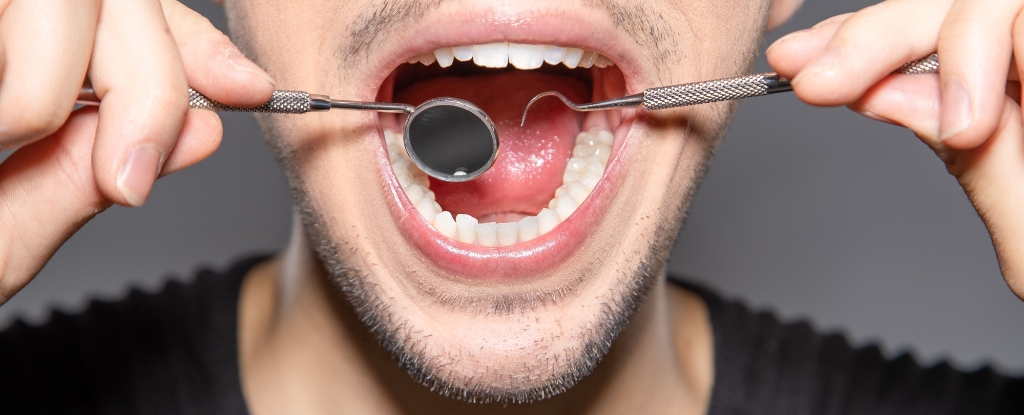A report by BBC shows that 90% of NHS (UK National Health Service) dentists declined new adult patients for NHS treatment over the past year. Consequently, around 9,000 people in the UK are diagnosed with mouth cancer annually, and sadly, over 3,000 lives succumb to the disease. However, with early detection, mouth cancer has a cure rate of over 90% with relatively simple treatment. Despite this, approximately half of the new mouth cancer diagnoses in the UK are identified late.
If you’re struggling to secure a dentist appointment, it’s imperative that you perform regular self-checks for early signs of cancer. Symptoms to watch out for include ulcers in the mouth that don’t heal within three weeks, lumps or swelling in the mouth, jaw or neck, new red or white patches, numbness of the tongue or other areas of the mouth, unexplained loose teeth, or a chronic sore throat or hoarseness persisting for more than six weeks. Should you notice any of these symptoms, prompt consultation with your GP or dentist is vitally important.
In the UK, both dentists and doctors can refer patients to hospital specialists for swift suspected cancer assessments, ensuring that patients are seen within 14 days of referral to rule out or confirm a cancer diagnosis.
Advancements in recent years have seen a surge in treatments for mouth cancers, offering superior options like robotic surgery and immunotherapy. Increased understanding of this disease has led towards personalized treatment approaches, elevating the patient’s experience and treatment success. Yet, there are also side effects to consider in advanced cancer stages and complex treatment procedures such as facial appearance changes, speech and swallowing impairments, and reduction in movement.
Lifestyle habits like smoking, alcohol consumption, poor diet, and chewing betel quid have been linked to an increased risk of mouth cancer. Additionally, mouth cancer can also be linked to the human papillomavirus, particularly in those who have oral sex.
It’s worth noting that nearly half of all mouth cancer cases are preventable, indicating that preventative measures such as adopting a healthy lifestyle can play a pivotal role in reducing the risk of mouth cancer.
– Michael Ho, Honorary Senior Lecturer/Consultant Oral and Maxillofacial Surgery, University of Leeds
This article is republished from The Conversation under a Creative Commons license. Read the original article.


